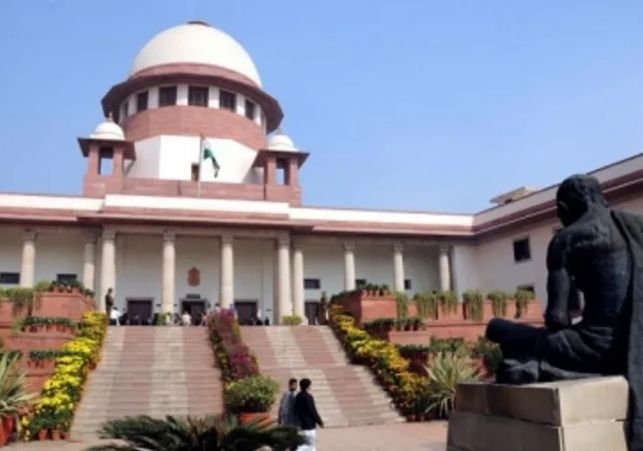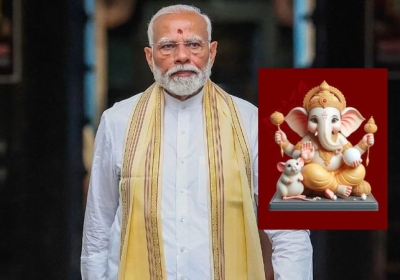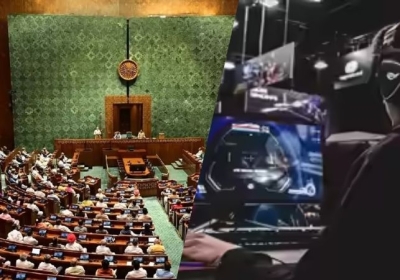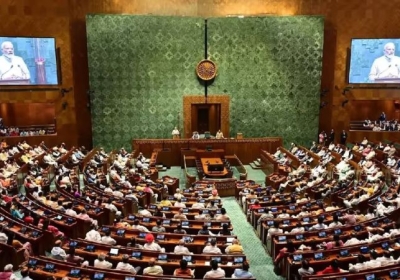Supreme Court ruling over Calling Someone ‘Miyan’ or ‘Pakistani’, now not a crime


Supreme Court ruling over Calling Someone ‘Miyan’ or ‘Pakistani’, now not a crime
Digital Desk: The Supreme Court ruled that while the usage of terminology like "Miyan-Tiyan" or "Pakistani" is offensive, it does not constitute a criminal offense that warrants punishment for allegedly hurting religious sensibilities.
The decision was made while dismissing a criminal case against an 80-year-old man suspected of making such remarks.
A panel of Justices B.V. Nagarathna and Satish Chandra Sharma remarked, "The appellant is accused of hurting the informant's religious feelings by calling him 'Miyan-Tiyan' and 'Pakistani'."
Clearly, the statements expressed are in terrible preference. However, it does not violate religious sentiments."
Case origination
A First Information Report (FIR) was filed in Bokaro, Jharkhand, alleging that 80-year-old Hari Nandan Singh insulted an Urdu translator and acting clerk using communal slurs and used criminal force against him while performing official duties.
Singh was charged under Sections 298 (hurting religious sentiments), 504 (intentional insult to provoke breach of peace), 506 (criminal intimidation), 353 (assault to deter public servant from duty), and 323 (voluntarily causing hurt) of the Indian Penal Code (IPC).
Singh sought discharge, but the magistrate dropped charges under Section 323 but retained charges under Sections 298, 353, and 504.
His appeals to the Bokaro additional sessions judge and the Jharkhand High Court were unsuccessful, prompting him to approach the Supreme Court.
Court's Answer to the Case
Although Singh's words were unacceptable, the Supreme Court found that they did not constitute an offense under Section 298 of the Indian Penal Code (IPC).
The court further highlighted that Section 302 of the Bharatiya Nyaya Sanhita (BNS) will take effect in July 2024, replacing Section 298 of the IPC.
The court also found inadequate evidence that Singh used criminal force on the complainant to support a charge under Section 353 IPC. It also rejected the applicability of Section 504, stating that disparaging comments alone do not constitute an offense unless they pose an immediate threat to public order.
Supreme court's verdict:
Setting aside the Jharkhand High Court's decision, the Supreme Court granted Singh's appeal and acquitted him of all charges.
The decision emphasizes that, while offensive language is improper, it is not necessarily a criminal offense unless it explicitly incites violence or public disorder.









